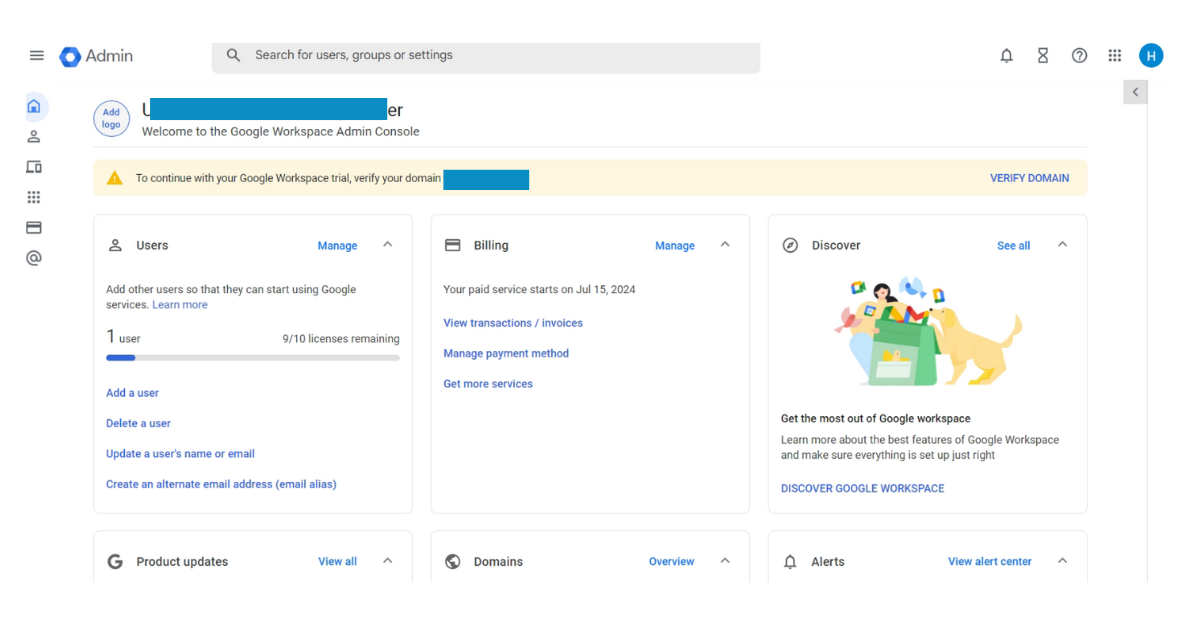The Dark Side of the Fashion Industry
Behind the dazzling facade of the fashion industry lies a shadowy reality that often goes unseen by consumers. The relentless pursuit of profit and perfection has led to exploitative practices, from underpaid garment workers in developing countries to unsafe working conditions in sweatshops. Fast fashion brands churn out cheap clothing at alarming rates, fueling overconsumption and waste.
Moreover, the pressure to keep up with ever-changing trends contributes to a throwaway culture where clothes are discarded after just a few wears. This cycle of rapid production and disposal takes a toll on the environment, polluting waterways and clogging landfills with textile waste that may never decompose. As consumers, it's vital to be aware of the true cost behind our trendy purchases and consider more sustainable alternatives.
Fast Fashion vs. Sustainable Fashion
Fast fashion has taken the industry by storm in recent years, with its quick turnover of trendy items at low prices. It's all about keeping up with the latest styles and snagging a bargain without breaking the bank. However, behind the seemingly endless array of cheap clothing lies a darker truth.
On the other hand, sustainable fashion is gaining momentum as consumers become more aware of their impact on the environment. This movement focuses on creating clothing that is made ethically and responsibly, from production to disposal. While sustainable fashion may come at a higher price point, it offers quality pieces that are designed to last.
By supporting sustainable fashion over fast fashion, you're not only investing in timeless wardrobe staples but also contributing to a more eco-conscious industry. Next time you shop for clothes, consider choosing brands that prioritize ethical practices and sustainability for a better future for both fashion and our planet.
The Impact of Mass Production on the Environment
Mass production in the fashion industry has a significant impact on the environment. The drive to produce clothing quickly and cheaply leads to high levels of waste and pollution. From water usage to chemical dyes, the processes involved in mass production contribute to environmental degradation.
The demand for fast fashion results in excessive energy consumption and greenhouse gas emissions. Factories churning out large quantities of garments require massive amounts of resources, further straining our planet's already fragile ecosystem. Additionally, the transportation of these goods across long distances adds to carbon footprints.
The disposal of unsold or unwanted items from mass-produced fashion lines also poses a threat to the environment. Landfills are filled with discarded clothing that takes years to decompose, releasing harmful toxins into the soil and water sources. It is crucial for consumers to be aware of these consequences and consider supporting sustainable alternatives.
Unethical Labor Practices in the Fashion Industry
Unethical labor practices in the fashion industry have long been a troubling reality behind the glitz and glamour. Many workers, often in developing countries, endure poor working conditions, low wages, and long hours to produce clothing for fast fashion brands. The pressure to meet tight deadlines and cut costs leads to exploitation of vulnerable workers.
From child labor to unsafe working environments, these unethical practices stain the reputation of many well-known fashion brands. Workers are often deprived of basic rights like fair pay and breaks while facing harsh treatment from employers seeking maximum profit margins.
Consumers unknowingly contribute to this cycle by supporting brands that prioritize profits over ethical production practices. By turning a blind eye to these issues, we perpetuate a system that prioritizes cheap clothes over human rights.
It's crucial for consumers to educate themselves on the origins of their clothes and support brands that uphold ethical labor standards. Only through awareness and conscious consumer choices can we begin to shift towards a more sustainable and humane fashion industry.
Greenwashing: How Brands Mislead Consumers
Have you ever bought a trendy piece of clothing labeled as "sustainable" or "eco-friendly," only to later discover it was just another case of greenwashing? Greenwashing is when brands mislead consumers into thinking their products are environmentally friendly when they're not. It's a common tactic used by many fashion companies to appeal to the growing demand for sustainable fashion.
Some brands use vague terms like "natural" or "green," without providing any concrete evidence of their sustainability efforts. Others may boast about one small eco-friendly initiative while ignoring larger issues like unethical labor practices or excessive waste production. This misleading marketing strategy can make it challenging for consumers to make informed choices about the clothes they buy.
To avoid falling victim to greenwashing, look beyond the label and do your research before making a purchase. Check if the brand has certifications from reputable organizations, transparent supply chains, and clear sustainability goals. Support brands that prioritize ethical practices and transparency in their operations rather than those who simply claim to be eco-friendly without backing it up with real action.
How to Support Ethical and Sustainable Fashion
Supporting ethical and sustainable fashion is crucial in creating a positive impact on the industry and the environment. By choosing to invest in quality pieces that are ethically produced, you can contribute to fair labor practices and reduce harm to our planet. Start by educating yourself about the brands you support, opting for items made from eco-friendly materials, and advocating for transparency within the fashion supply chain.
Remember that your choices as a consumer have power. By supporting ethical and sustainable fashion practices, you can help shape a more responsible and conscious industry for future generations. Together, we can make a difference in the world of fashion by promoting sustainability, fairness, and accountability. Let's all be mindful consumers who prioritize ethics while still looking fabulous!
















Article Comments
What's on your mind? Leave a Comment.